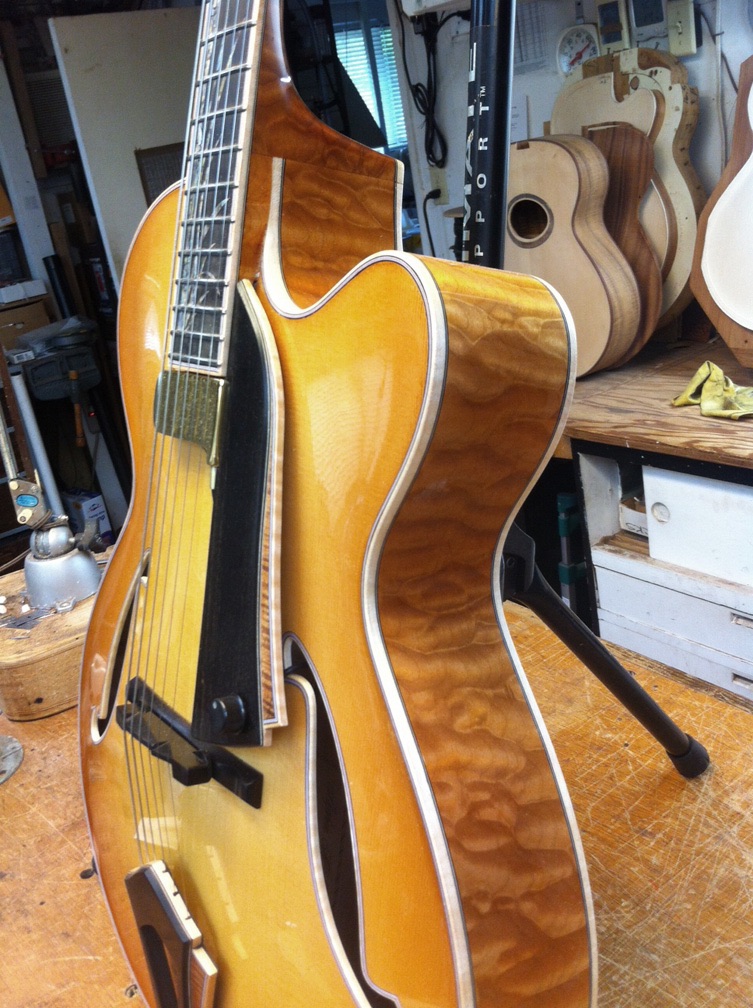Howdy, Stranger!
It looks like you're new here. If you want to get involved, click one of these buttons!
Categories
- 241.9K All Categories
- 22 >> Start Here <<
- 12 New Members
- 8 FAQs
- 86.8K Gear
- 39.5K Guitar
- 3.4K Acoustics
- 1.3K Bass
- 14.6K Amps
- 17.3K FX
- 273 Digital & Modelling
- 765 Other Instruments
- 8.3K Making & Modding
- 421 Gear Reviews
- 107 Guitar Reviews
- 73 Amp Reviews
- 119 FX Reviews
- 87 Other Reviews
- 749 Made in the UK
- 975 Theory
- 1.9K Technique
- 2.1K Live
- 3.2K Studio & Recording
- 2.1K Making Music
- 220 Events
- 15 Guitar Show 2018
- 831 Plug My Stuff
- 105.3K Classifieds
- 41.1K Guitars £
- 2.8K Acoustics £
- 139 LH Guitars £
- 900 Basses £
- 10.6K Parts £
- 18.3K Amps £
- 34.1K FX £
- 2.8K Studio & Rec £
- 6.1K Misc £
- 465 Personnel
- 54.8K Chat
- 36.6K Off Topic
- 1.1K Tributes
- 6.6K Music
Become a Subscriber!
Subscribe to our Patreon, and get image uploads with no ads on the site!
Lydian Chromatic Concept of Tonal Organization?
Base theme by DesignModo & ported to Powered by Vanilla by Chris Ireland, modified by the "theFB" team.



 LOL
LOL  Wow!
Wow!  Wisdom
Wisdom
Comments
I put it in the same category as 'Thesaurus of Scales and Melodic Patterns' by Slonimsky- another book often named checked by jazz nerds (not saying you are doing this) that very few people have fully utilised.
Probably great but not for most people.
'Harmonic Mechanisms for Guitar' by George Van Eps is probably a better starting point.
Studio: https://www.voltperoctave.com
Music: https://www.euclideancircuits.com
Me: https://www.jamesrichmond.com
Studio: https://www.voltperoctave.com
Music: https://www.euclideancircuits.com
Me: https://www.jamesrichmond.com
Supportact said: [my style is] probably more an accumulation of limitations and bad habits than a 'style'.
Same goes for quartal harmony, or all the various versions of microtonal.
They are interesting and fun as diversions from western harmony.
I can't imagine basing my entire approach on any of them though.
Studio: https://www.voltperoctave.com
Music: https://www.euclideancircuits.com
Me: https://www.jamesrichmond.com
Supportact said: [my style is] probably more an accumulation of limitations and bad habits than a 'style'.